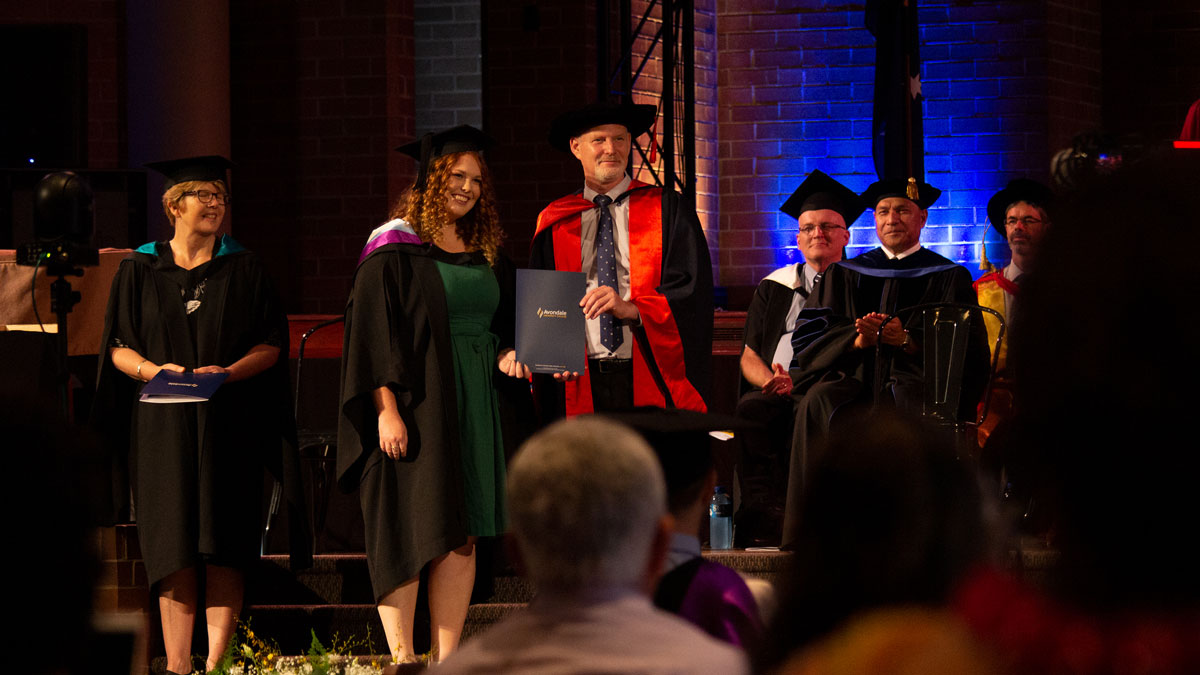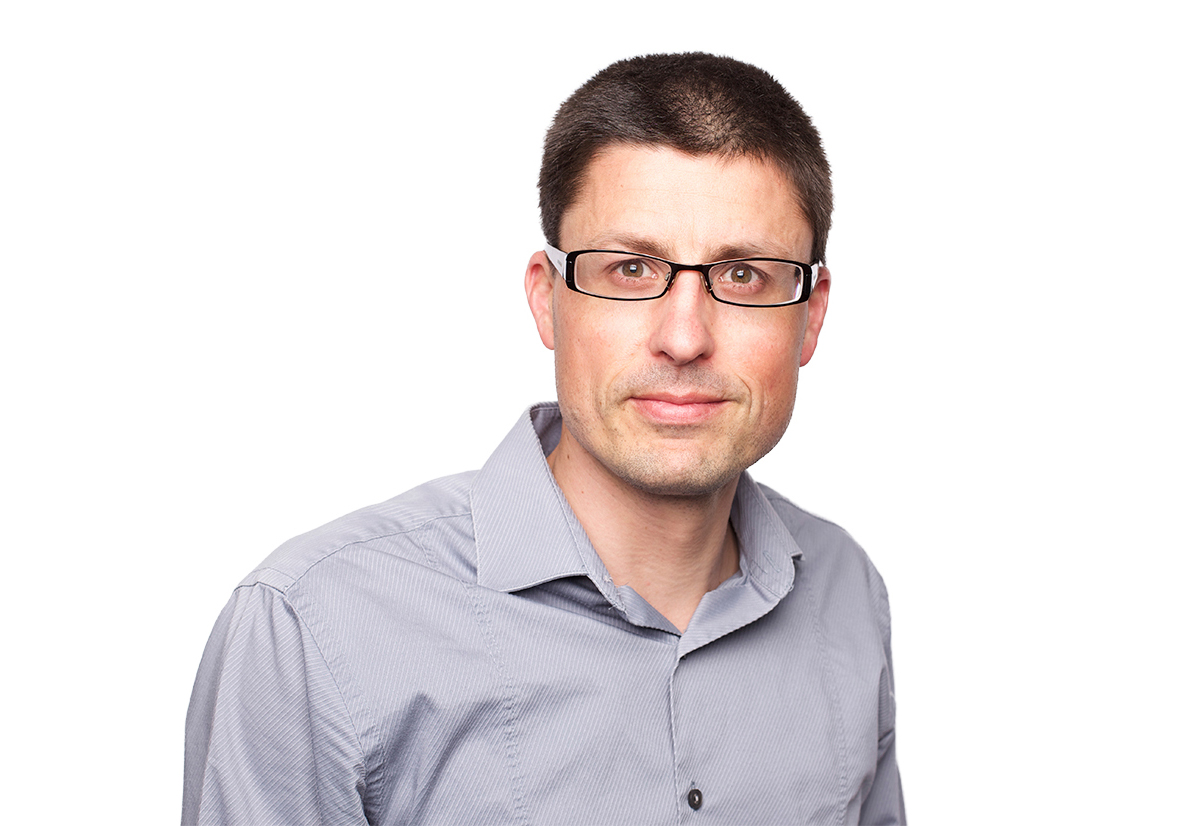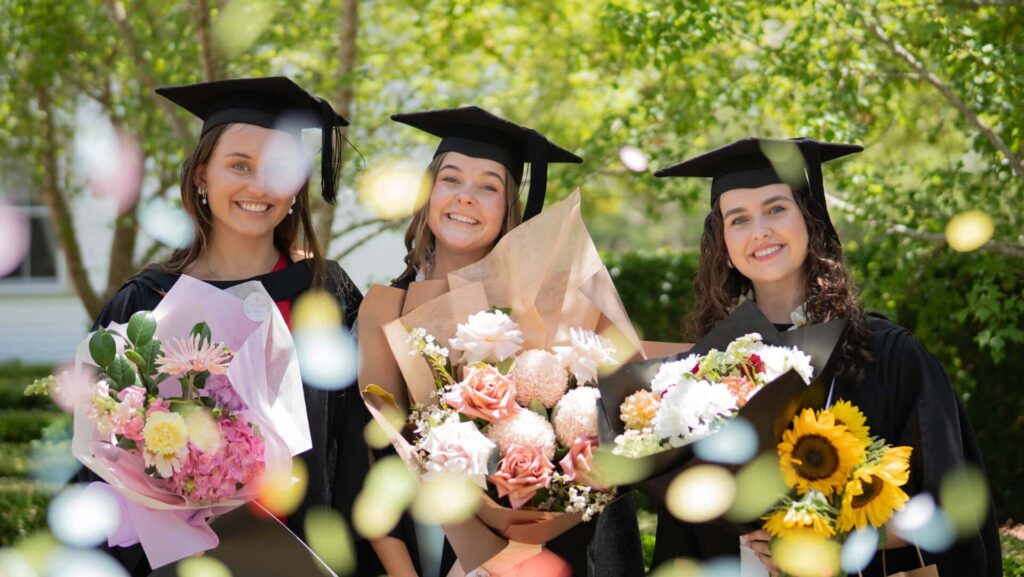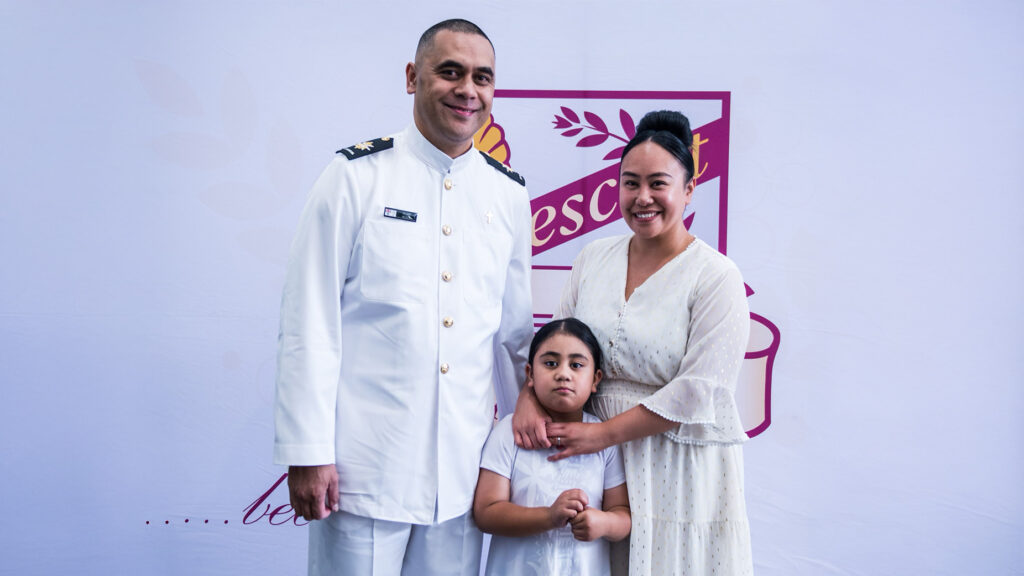Presenting eight ceremonies over two days (Sunday, December 13, and Monday, December 14) helped ensure Avondale complied with public health orders. Each ceremony featured no more than 40 graduands grouped by course. The number of guests attending with each graduand and the number of academic staff attending were also limited. All ceremonies were live streamed and held in a new venue, Avondale College Seventh-day Adventist Church.
In his first graduation message, vice-chancellor and president Professor Kevin Petrie noted how some students “were unsure if they would even complete their course requirements—let alone have a formal graduation ceremony. Yet here we are at the end of 2020, celebrating together.”
For many, he added, the uncertainty has been most challenging. “Yet this in itself provides an analogy of life after graduation. None can be sure where their journey will take them. . . . As the past has taught us, however, we can trust ourselves in the hand of God who sees all things and knows the paths we should take.” Prof Petrie ended by describing the 258 students in the graduation class as those who will be “a transformative power in the world”.
“We’re proud of your tenacity, perseverance and achievement,” he told them in his welcome during each ceremony.
Callan Bolst and Abi Jones represented the students as class co-presidents. Both completed placements—Bolst at Avondale School and Jones at Sydney Adventist Hospital—despite the introduction of restrictions. “I’m so grateful to the staff for getting placements organised,” says Bolst. “Most of my friends at other unis, their placements were just cancelled.” Jones found hers, with the introduction of strict infection control measures, as good preparation for future employment. “I’m a frontline worker ready to go.”
Jones reminded students attending ceremonies on Sunday that “just as our worlds have been shaken this year so are the worlds of people in hospital. It doesn’t take a pandemic to shake their world—it takes only a diagnosis or a complication from surgery. You may not get to nurse patients like me, but you do get to meet people whose worlds have been shaken and who need love and care.” Bolst’s message the following day encouraged students to put the year—“just one trial we’ve had”—in context. “If you’ve made it this far, how far can you go in the future?”
The passage of Scripture selected by the class is timely: “We can rejoice, too, when we run into problems and trials, for we know that they help us develop endurance. And endurance develops strength of character, and character strengthens our confident hope of salvation” (Romans 5:3-4, NLT).
Among those eligible to march this year included the first student from the Graduate Diploma in Counselling course and four who received PhDs.
The first ceremony on Sunday began with the robing of Drs David Potter, Philip West and Debra Williams. They along with Pauline Potter (in abstentia) bring the number of Doctor of Philosophy graduands to 21 since 2011.
David Potter, a former convenor of the Diploma of General Studies at Avondale, studied the lived experience of teenage alternative entry students, finding factors such as attitude and environment not Year 12 grades may be stronger predictors of success. Pauline Potter investigated the impact of the formative context on the redevelopment of a teacher education program in Fiji. West’s hierarchical level analysis identified factors influencing job satisfaction in an Australian public sector workplace during periods of significant organisational change. While Williams used a faith-based case study to examine the implementation of critical reflection in early childhood education and care.
One student who planned to march did not. An itinerary with multiple connections meant Eunice Winship arrived after the final ceremony had ended. The Master of Leadership and Management graduand and her family—son Jason and his two young daughters—flew from Cairns to Sydney, checked in at their accommodation near the airport and then travelled by train to Morisset Station where they booked a taxi to the Lake Macquarie campus. Despite the delay, graduation staff arranged an informal ceremony with official photographs in the church, including one with vice-president (Academic) Professor Stephen Currow, and hosted a tour of campus. “We left happy to know we are all part of God’s wider and amazing family,” wrote Winship.
With fewer students marching, Avondale incorporated the presentation of academic prizes as part of the ceremonies. Bachelor of Nursing student Keeley Bottin (Sydney campus) and Craig Louwen and Natalie Wilson (Lake Macquarie campus), who also received prizes in business and secondary teaching, were named as recipients of the Avondale Prize for Excellence. Students receiving prizes who plan to graduate in following years will be presented with theirs during opening convocation next year.
With no consecration or valedictory services, president’s breakfast or musical concert, the ceremonies on Sunday and Monday were the only events at graduation (although the class did organise an outdoor banquet). “Yes, graduation looked different this year and we would have loved to have included other activities,” says coordinator Ursula Scale, “but we did all we could to ensure our students safely celebrated the end of the academic year.”






